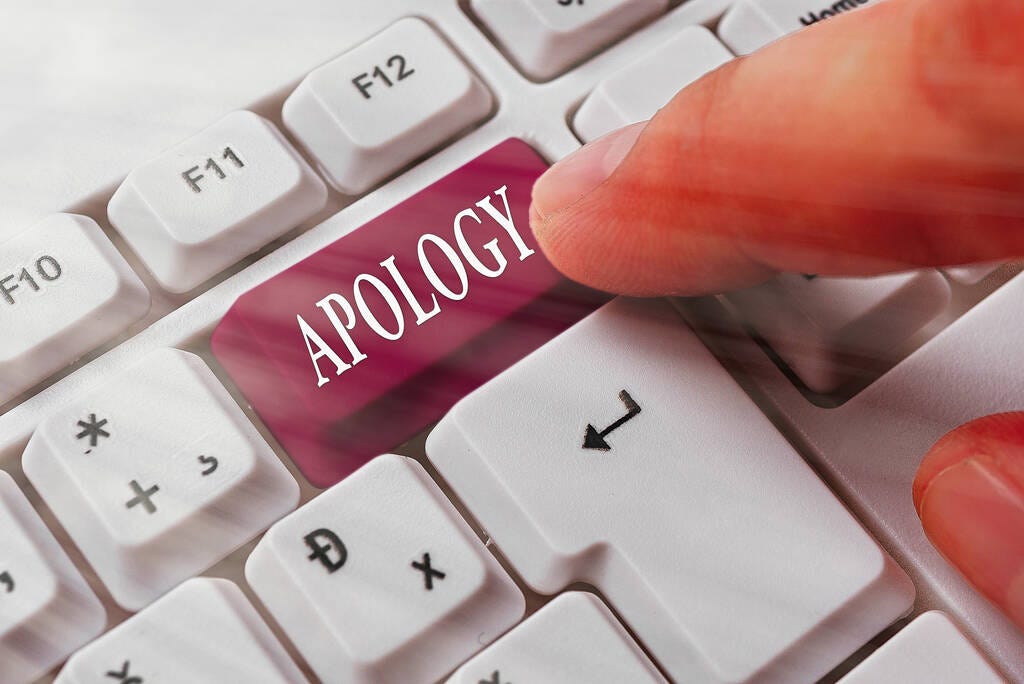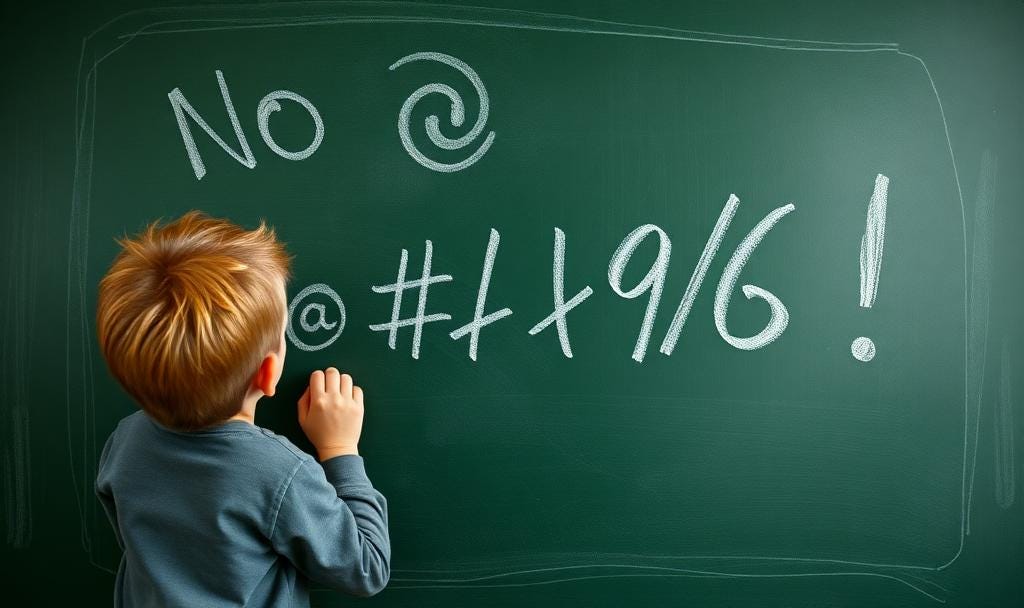How to Apologize in One Easy Step
TThe role of an apology in the lives of children is a bit mysterious, and it speaks to the remarkable performative power of this simple speech act. In the last ten years we have seen the publication of dozens of books, articles, podcasts, TedTalks, and how-to videos about the six or seven or ten steps to an effective apology. We adults are discerning about which apologies actually work to heal the breach, and which do not. “I’m sorry you feel that way” just does not count. We are instructed to be specific about what we did wrong and to avoid several signals of inauthenticity. For children, these complications do not seem to matter. Children will chafe when an adult gives them an order to apologize, but if they actually say the words, “I’m sorry” even under conditions of obvious coercion, an apology is accomplished. Among about a thousand stories about peer conflict written by elementary school children as part of a dozen or so research projects I undertook over forty years, there are scores of occasions in which an apology simply takes care of the conflict. Below are examples from two 4th-grade writers, Barry and Zia.
Barry One day I was playing basketball against a boy named TJ and he got mad because I won the game. Then he pushed me and I pushed him back. Then he hit me and I kicked him and punched him. He punched me back. Then I just kept punching him. Then I speared him. Then I told him to suck it. The next day he saded he was sorry and I said I was sorry. Then I helped him play basketball better Zia First, it was when Jessica was somewhere else and then we wasn’t fighting we was arguing. Shayla and Jessica was calling me a trador they were both calling me names and it really hurt my feelings calling me that. When we was in the reading center she was calling me a trador then I had to put an end to this so I told her to apoligize so we can be friends again. Jessica apoligize and Shayla apoligize so all apoligize and we where friends again. We did everything together and we had fun together. and we went outside.
Barry provides a straightforward play-by-play report of a fight with TJ. He attributes an emotional state to TJ (“He got mad”) and he speculates that the anger was caused by losing the game. From here, we get only a description of the violence that transpired. It looks like an incident that could be devastating to a friendship, but the next day TJ apologized and Barry reciprocated with an apology and that was all it took to recover the relationship.
The magic of an apology is even more apparent in Zia’s story. Zia tells us that her feelings were hurt by all this name calling. She has to put an end to this hurtful behavior, so she demands an apology “so we can be friends again.” Both of the name-callers complied with the command to apologize and all was well. The three friends moved on to have fun together outside. Can you imagine this scenario among adults? You say something that hurts my feelings. I tell you to apologize. You apologize. All is well. This doesn’t work for adults. If I command you to apologize and you comply with my command, the apology just won’t ‘take.’ I have to have a reason to believe that your apology was your own idea.
Children, I believe, are more impressed than are most adults with the power of words to create reality. “I’m sorry,” is a powerful speech act. Whether you mean it or not, if you say those words, an apology was made. If you say “I promise” you will be held accountable for that promise (unless, perhaps you had your fingers crosse behind your back.) Saying “I’m sorry” (even if your teacher made you say it) accomplishes an apology just as much as saying “I do” at the altar accomplishes a marriage. (Or, perhaps it is the “I now pronounce you” speech act that accomplishes the marriage.) Babies learn what language ‘does’ before they learn what language ‘means.’ “Mamma!” is probably a summons before it is a person. “Up!” is a request before it is a direction. “Sorry” is an act of reconciliation before it is a report of remorse.
I always love to learn about your memories of childhood, your observations of the children in your life, or your ideas about the stories I share. Please share!
Two recent posts in my archives are related to this. The 3/20 post is about children musing about the power of language:
Bad Words
When my daughter and her cousin were seven, I overheard a conversation they had in the backseat of the car on a road trip. I made notes about the conversation later that evening, so this is a close approximation to what these two second graders had to say.
A 2/ 27 repost from Lisa Sibbett’s Auntie Bulletin is about adults apologizing to children. Take a look if you would like to read more on these topics.
Apologies
I am traveling this week, and so I have decided to share a post by a Substacker whose work I admire. Lisa Sibbett shares essays and “how-to’s” each week in her “Auntie Bulletin.” It’s a newsletter for people who make serious commitments to their relationships with other people’s children. Lisa gave me permissi…






